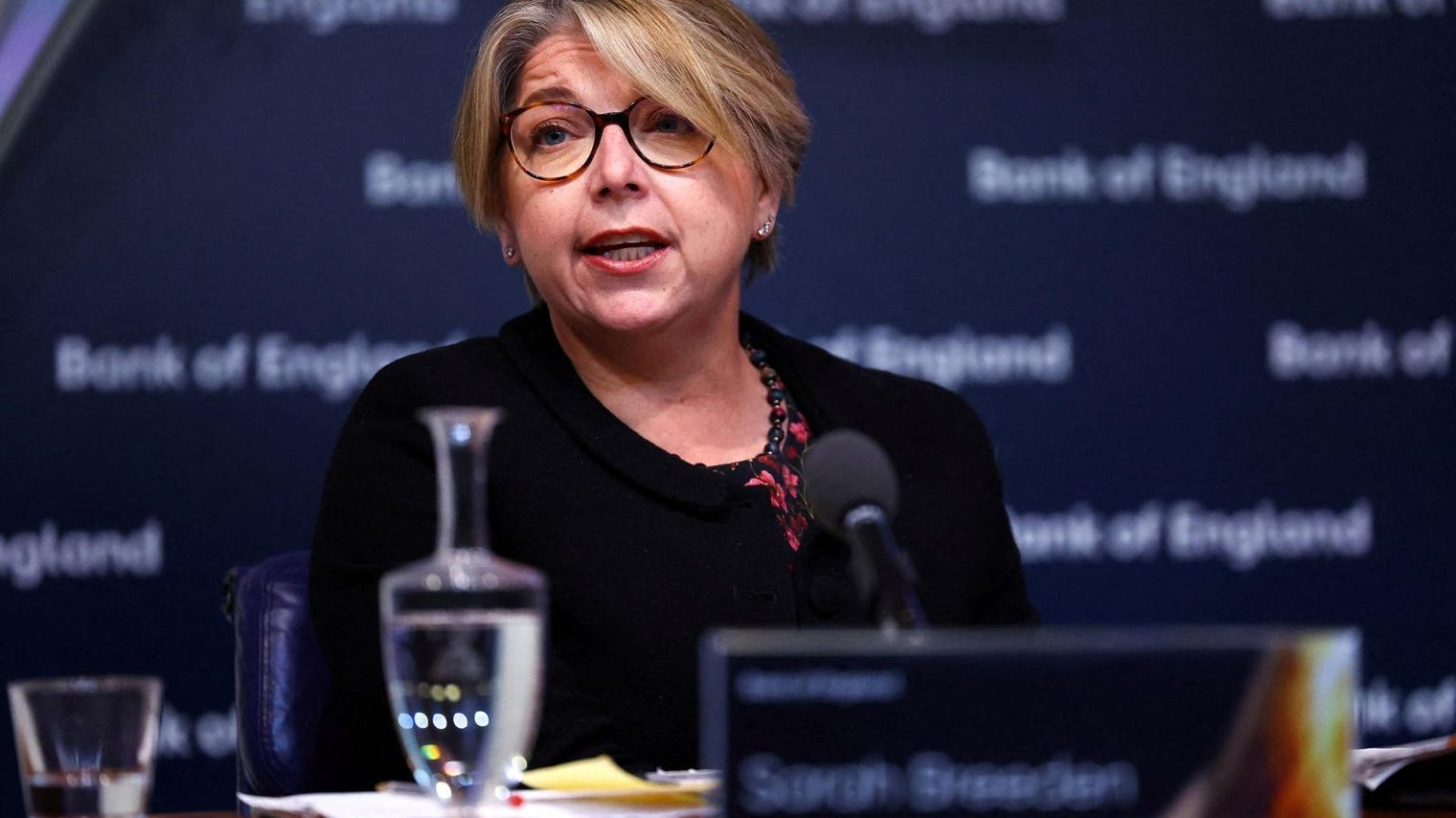Bank of England Deputy Governor Sarah Breeden recently spoke at the Swiss National Bank’s event on the future of the monetary system, predicting two waves of benefits from tokenisation. She foresees initial efficiencies followed by more disruptive changes, with post-trade processes collapsing and intermediaries being eliminated. The Bank of England has been experimenting with wholesale central bank digital currency (CBDC) and introduced an innovative omnibus account system, leading to the creation of Fnality, a private institutional form of tokenized money.
The introduction of the omnibus account and Fnality is seen as a significant development in the financial sector. The Economic Secretary of the UK Treasury has suggested that a wholesale private sector stablecoin could precede a wholesale CBDC. The Bank of England Governor Andrew Bailey has expressed skepticism about the need for a wholesale CBDC, as the current real-time gross settlement system settles interbank payments in central bank money. However, tokenised central bank money circulating between institutions could lead to more efficient and cheaper transactions without traditional clearing and settlement processes.
The Bank for International Settlements (BIS) has launched Project Agora, bringing together central banks and private sector players to explore the benefits of tokenisation in enhancing the monetary system. Central banks from various countries, including the Bank of England and the Federal Reserve Bank of New York, will collaborate with financial sector companies to investigate the integration of tokenised commercial bank deposits with wholesale central bank money using smart contracts and programmability. Tokenised central bank money will be used for payment vs. payment (PvP) and delivery vs. payment (DvP) transactions involving money and tokenised assets.
The tokenisation of assets is a focus of experimentation in the financial sector, with a particular interest in funds. Tokenising investors’ shares in collective investment schemes can create programmable and secure tokens that improve market efficiency. This shift towards digital infrastructure for asset tokenisation and decentralised finance protocols is expected to reshape financial markets by simplifying distribution, trading, clearing, and settlement processes. The move towards tokenisation of real-world assets and trading in decentralised markets is seen as a significant step towards future global financial market infrastructure.
In the UK, the Financial Conduct Authority (FCA) is exploring potential uses of fund tokenisation to make collective investment schemes more efficient and transparent. Meanwhile, in the US, BlackRock has launched its first tokenised fund on the Ethereum blockchain. The emergence of digital assets and the tokenisation of assets are expected to bring real disruptions to financial market infrastructure in the near future. While the mainstream adoption of cryptocurrencies remains uncertain, the digital transformation of financial markets is inevitable, requiring a solid legal framework to support the evolving ecosystem.


